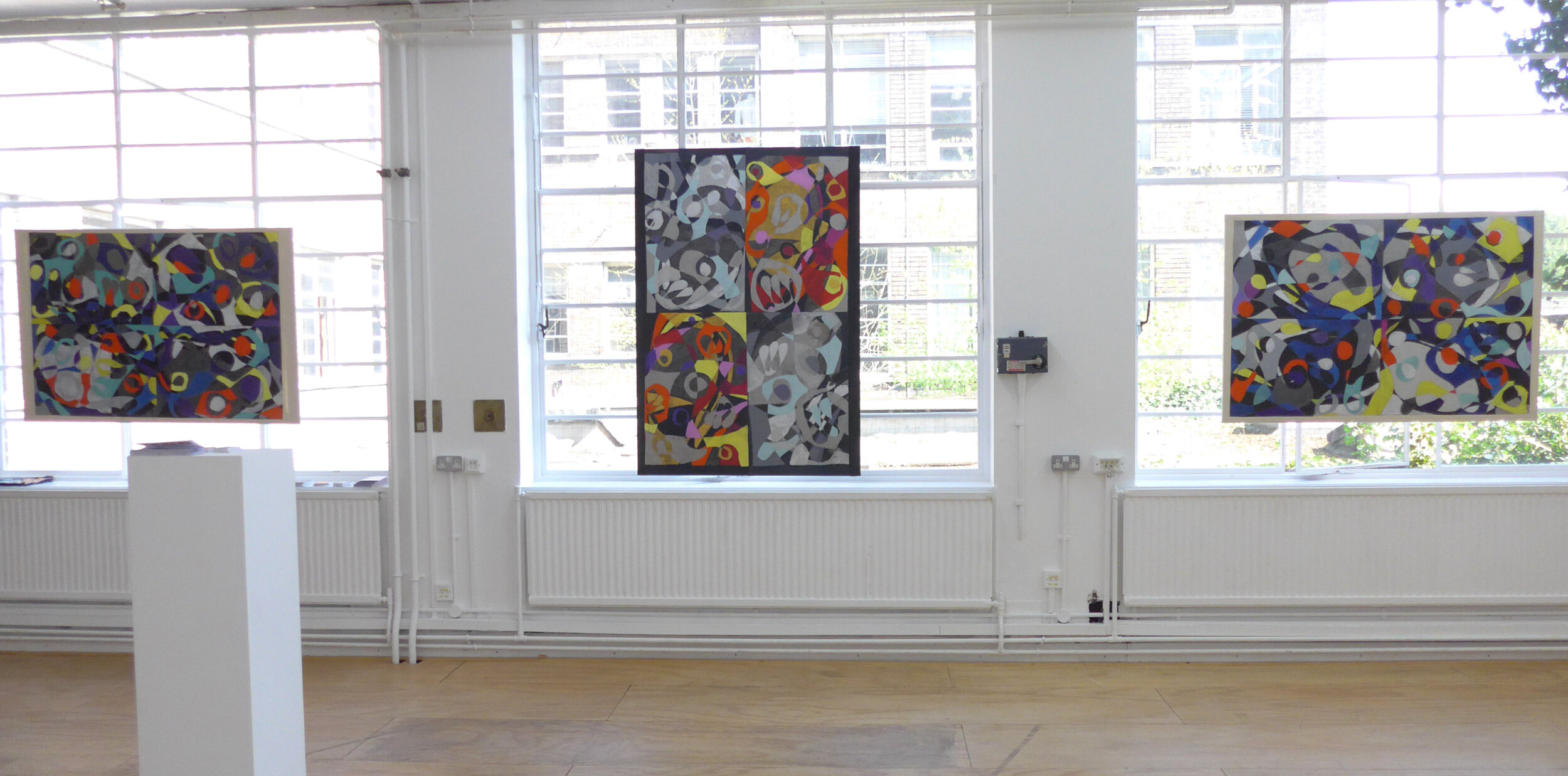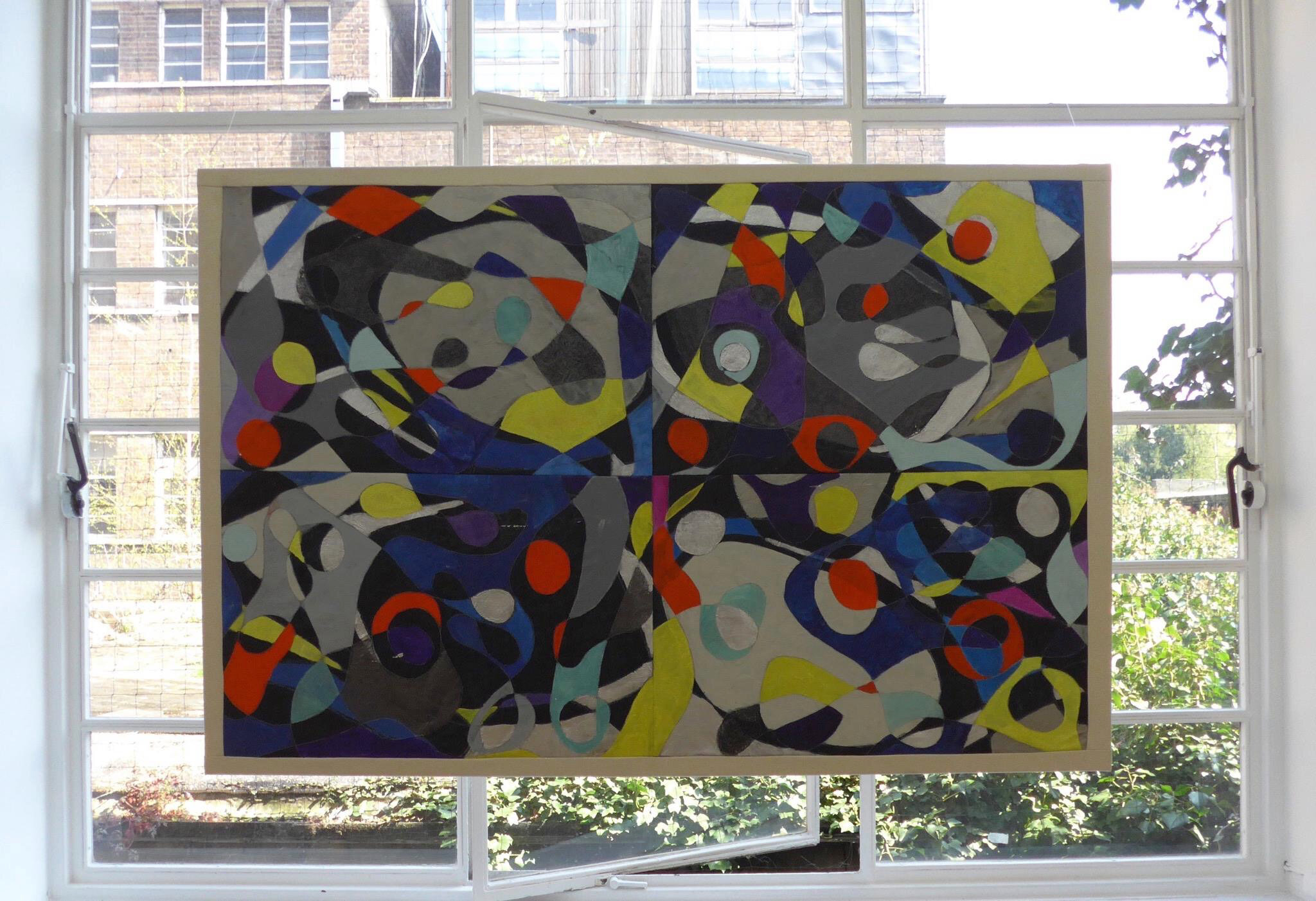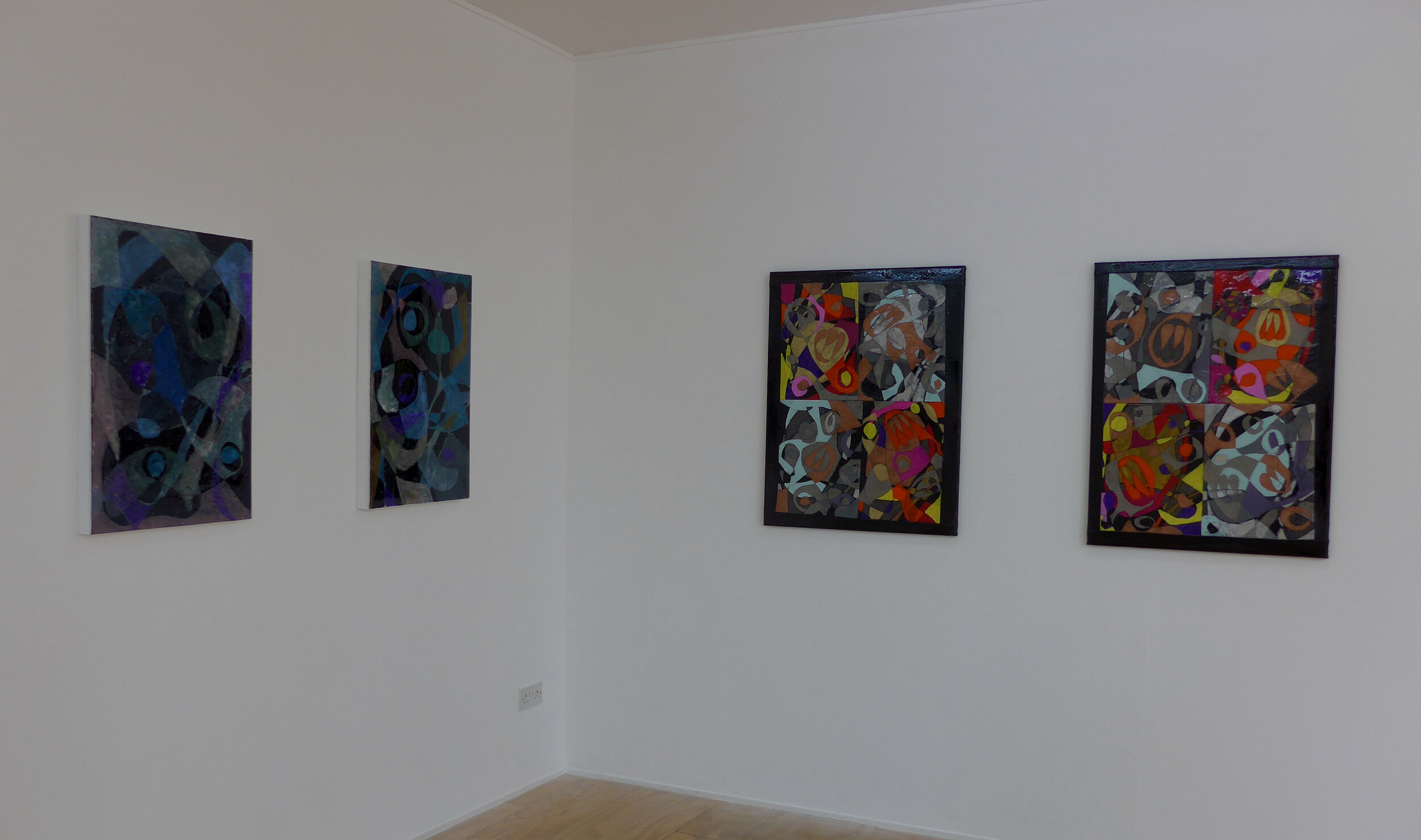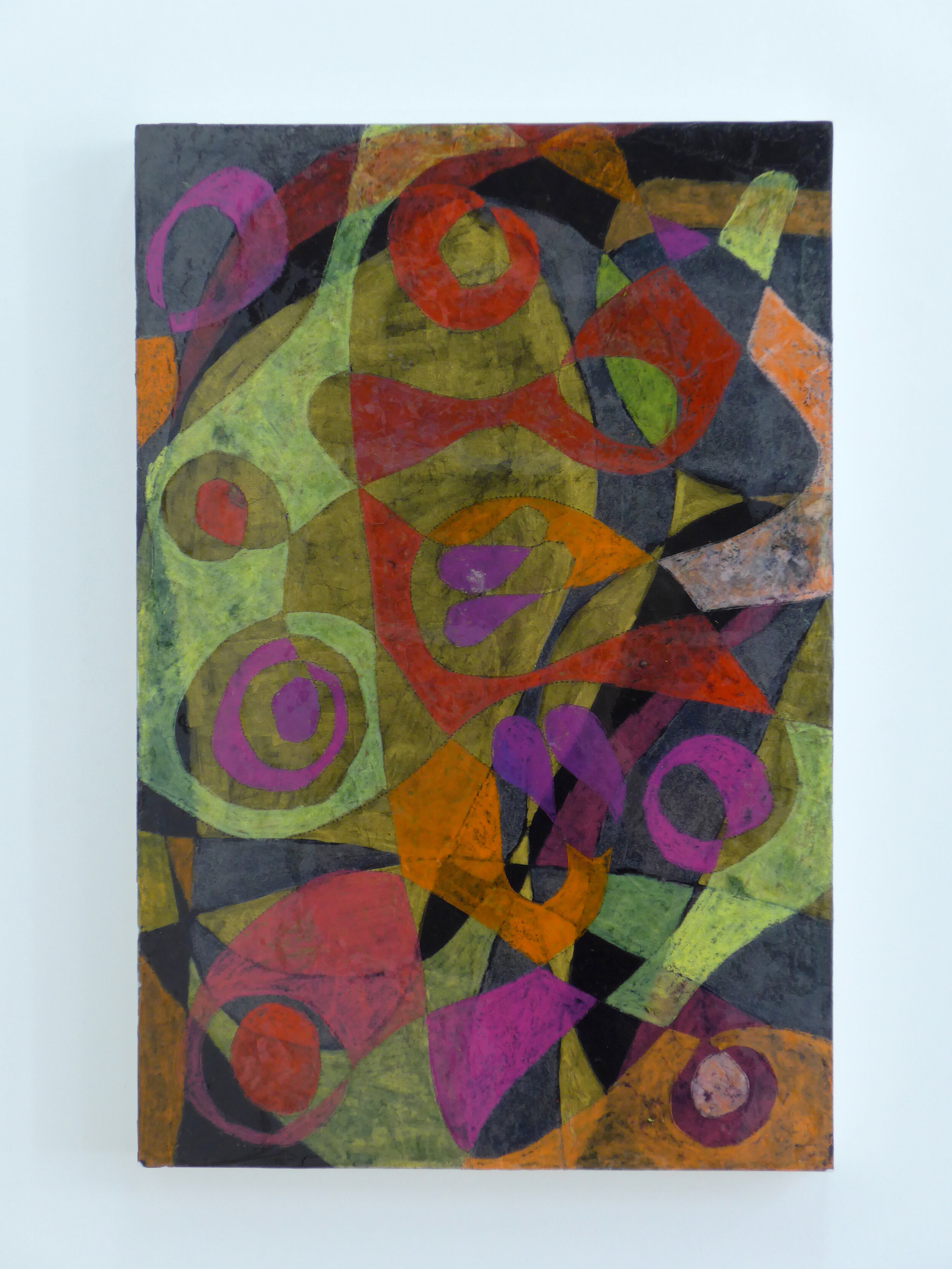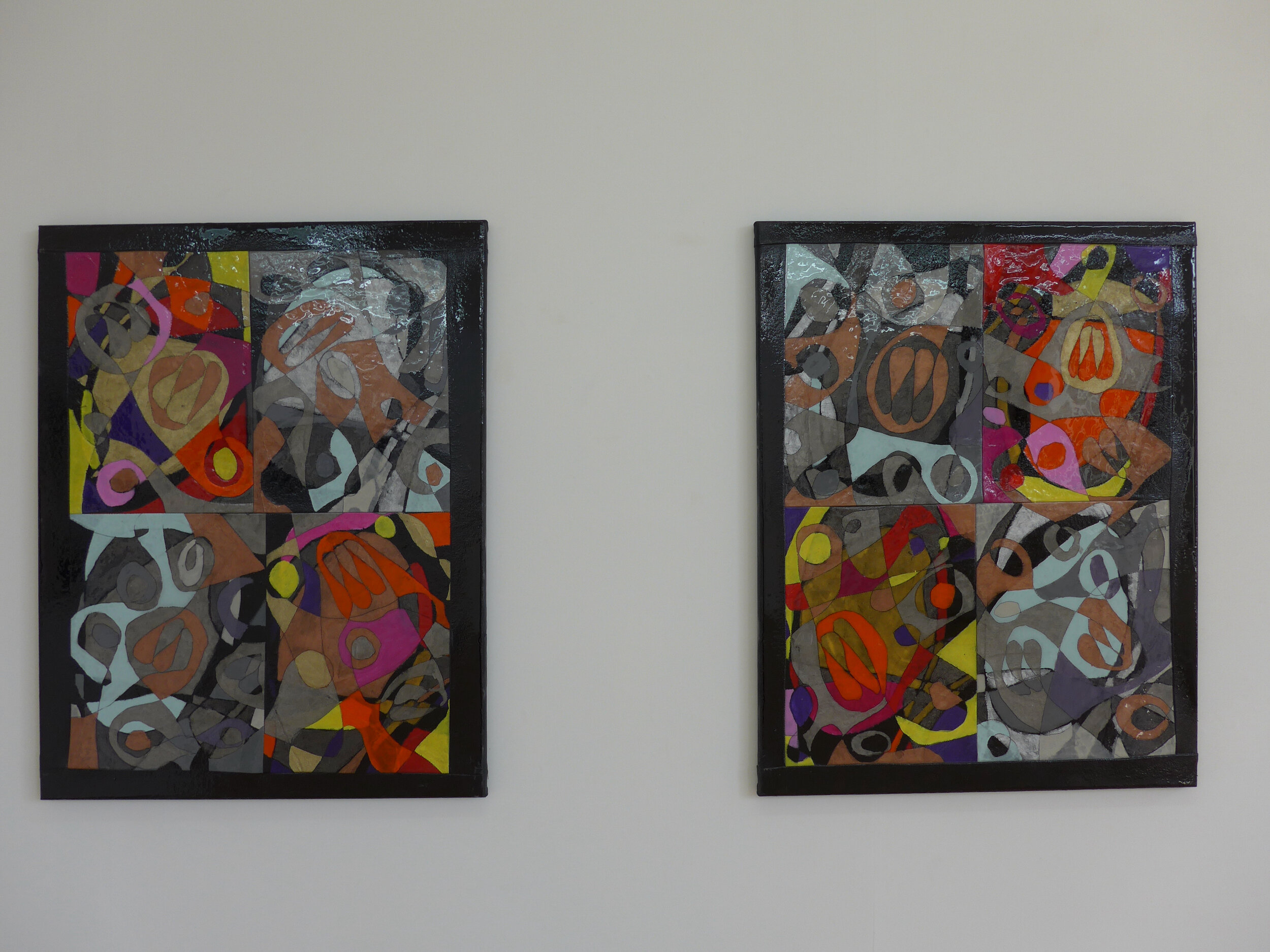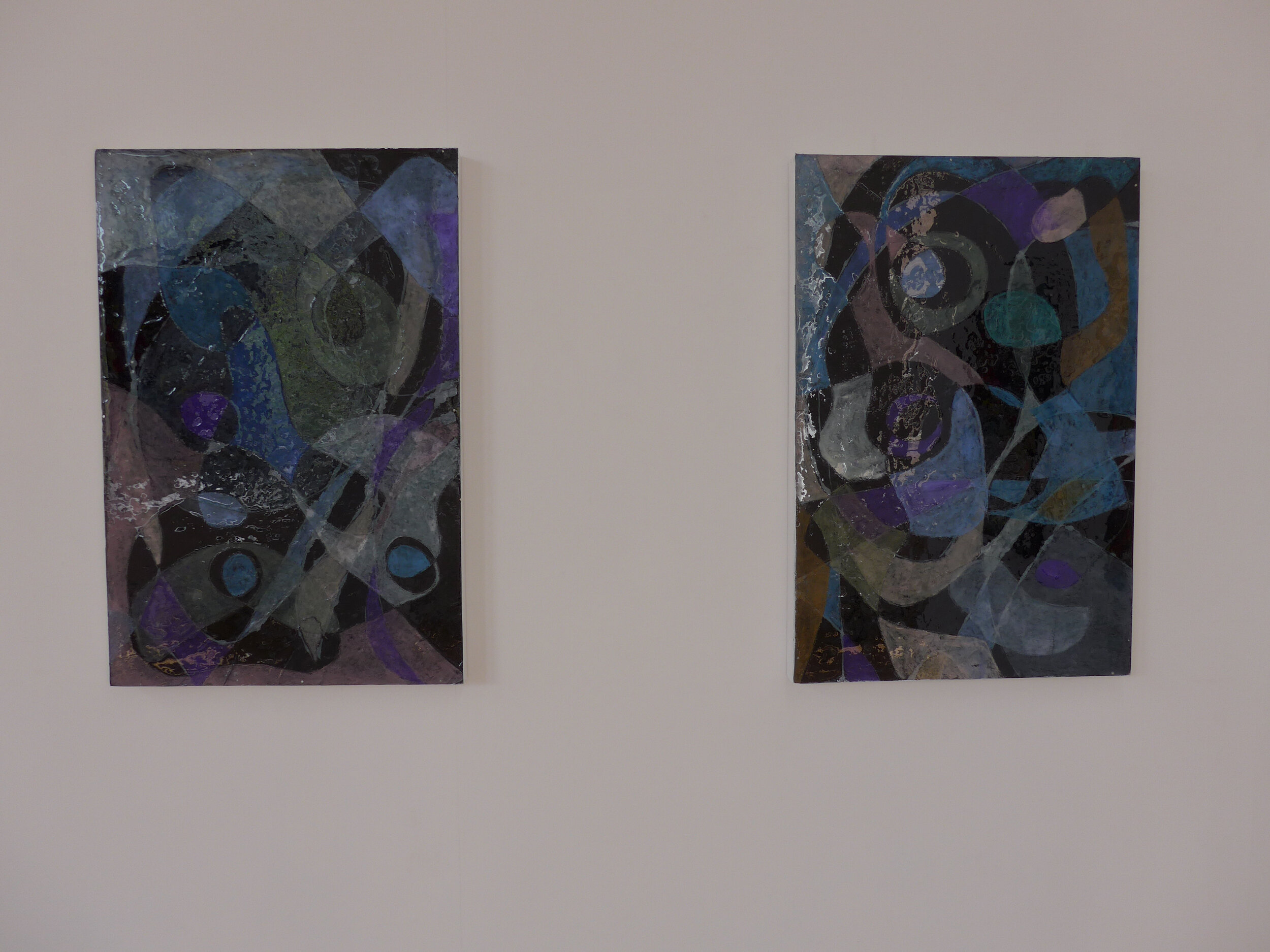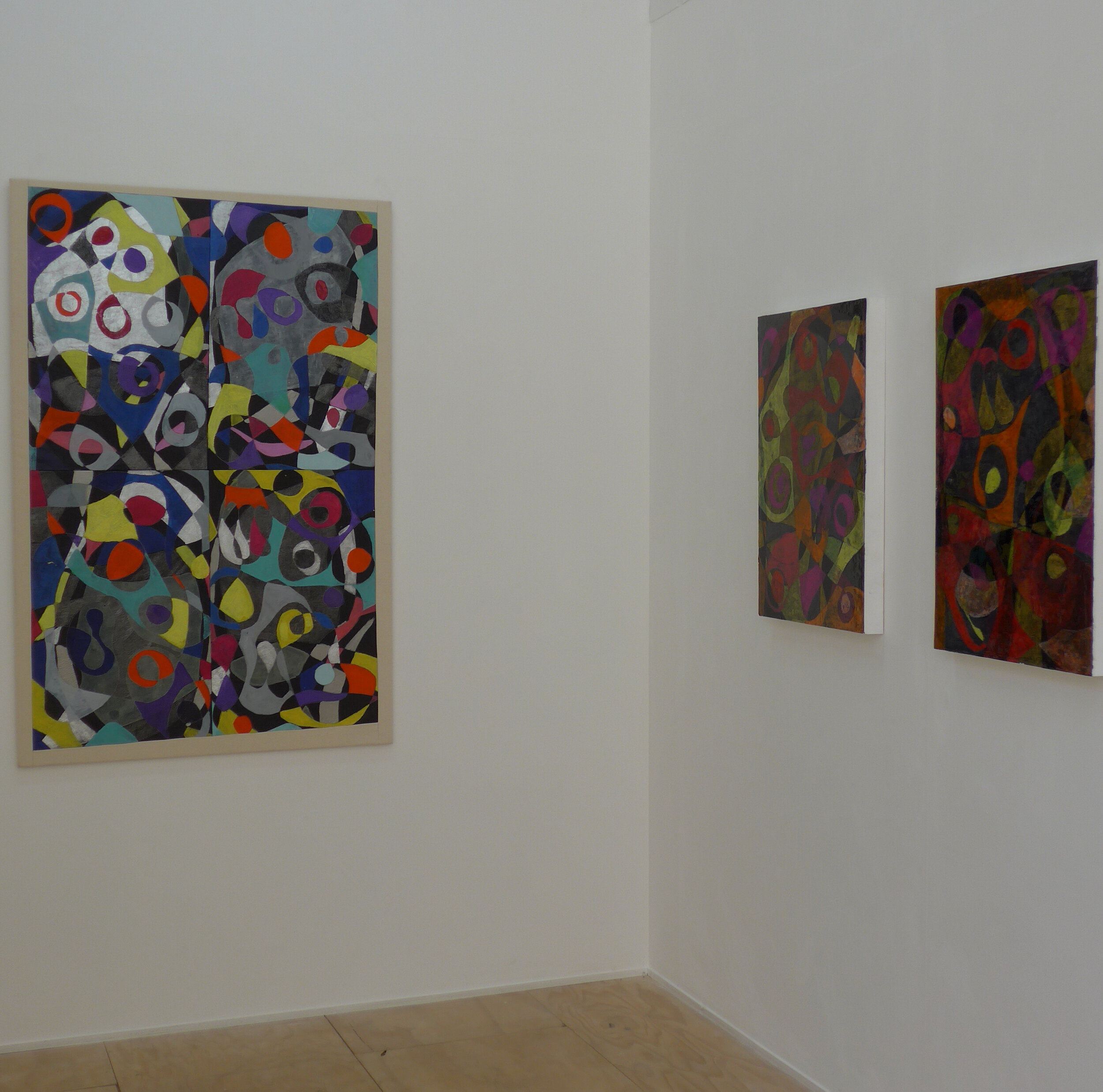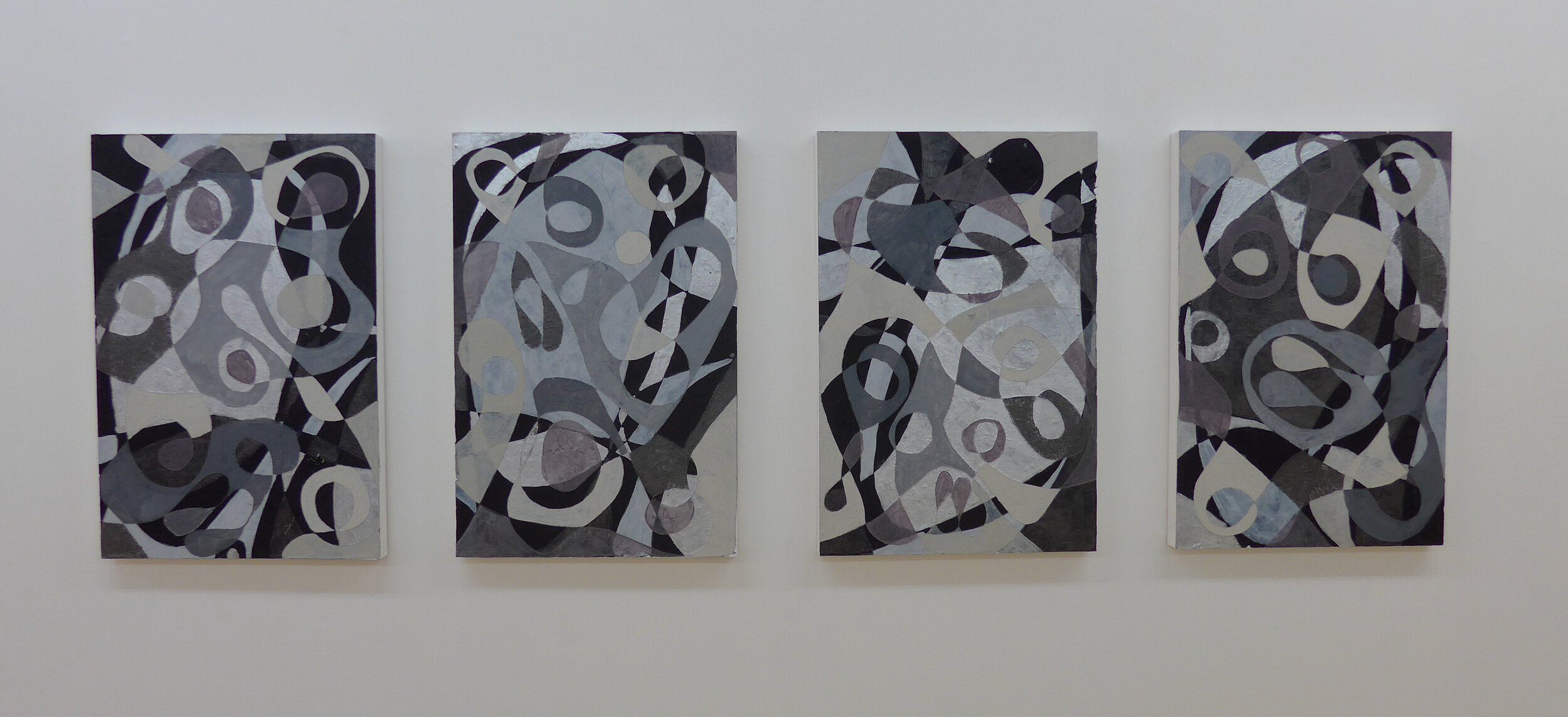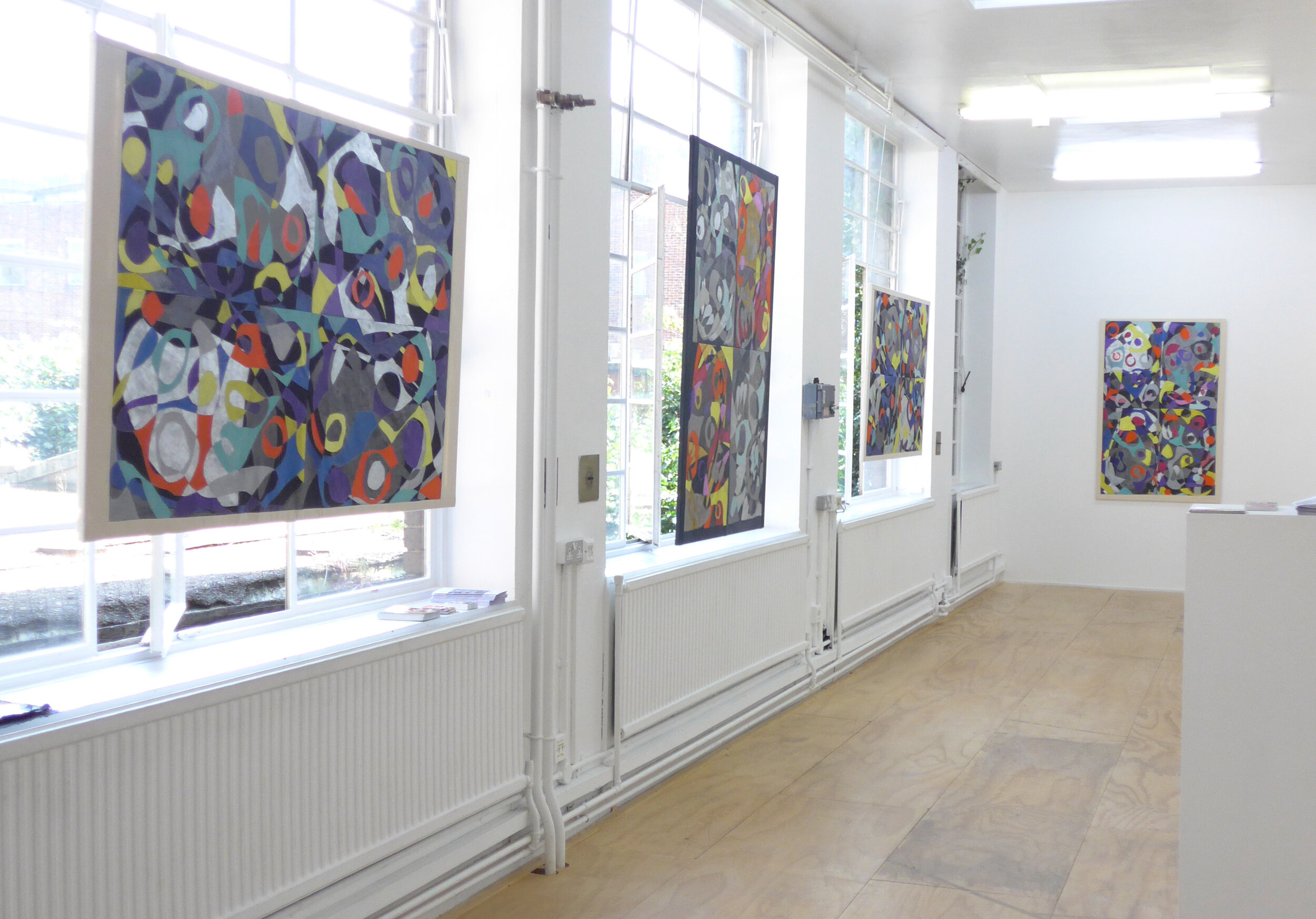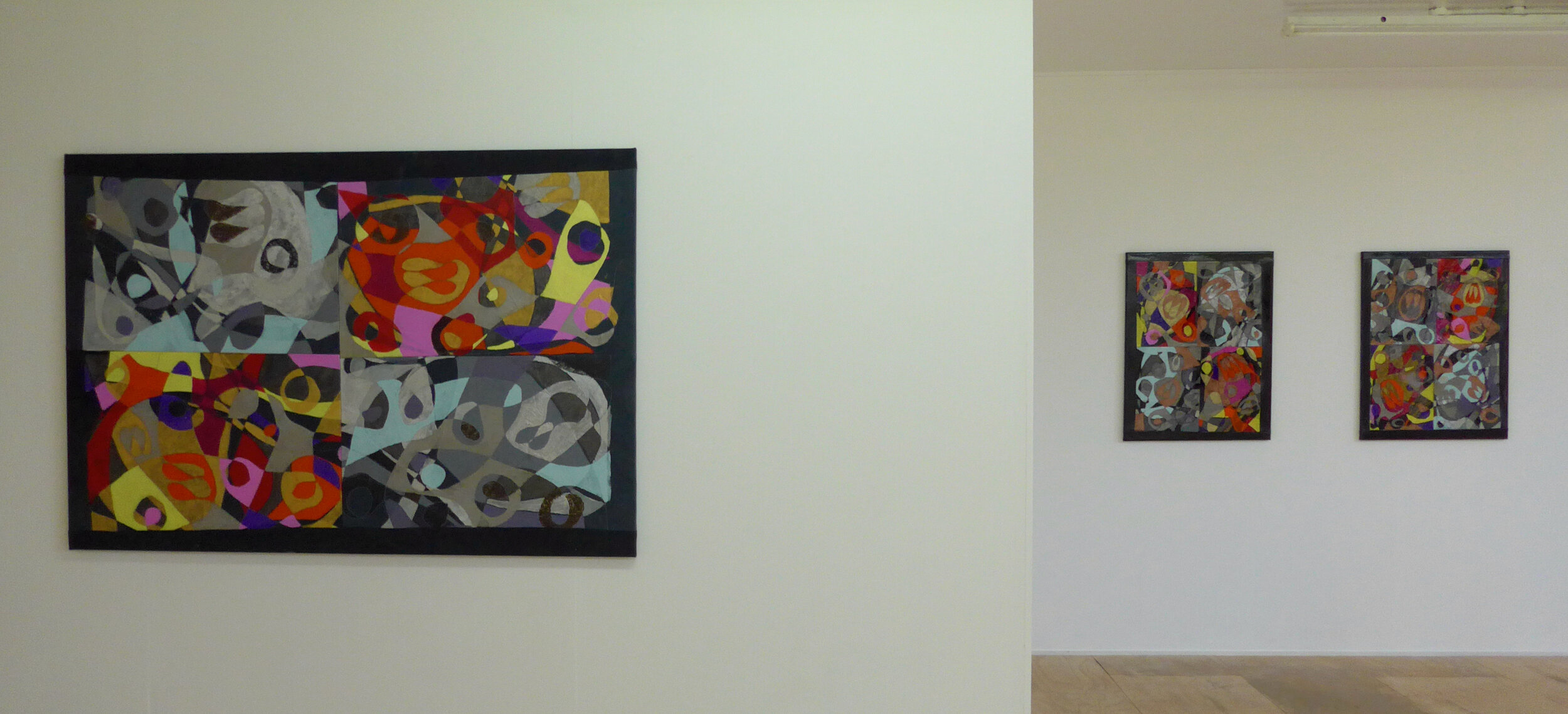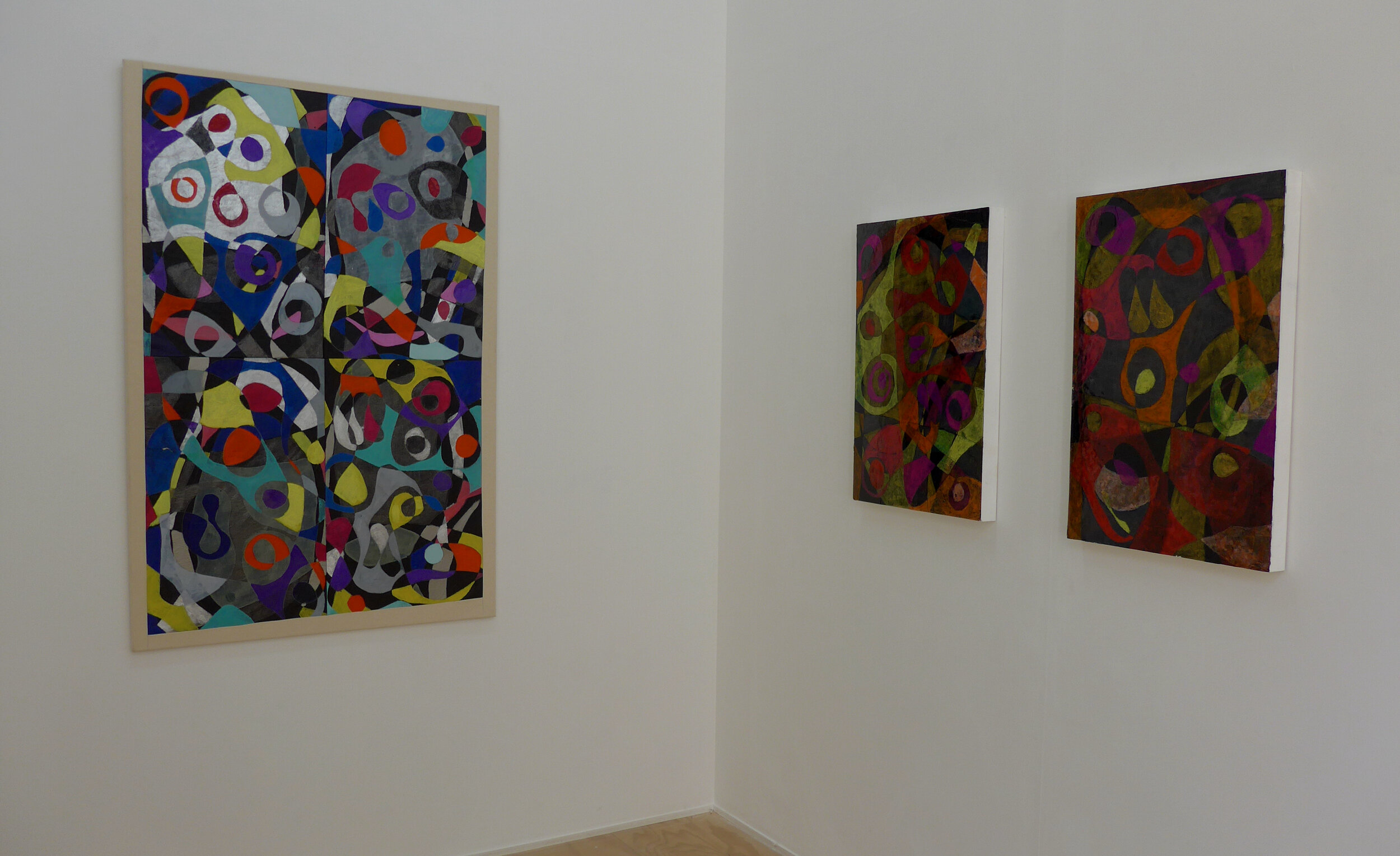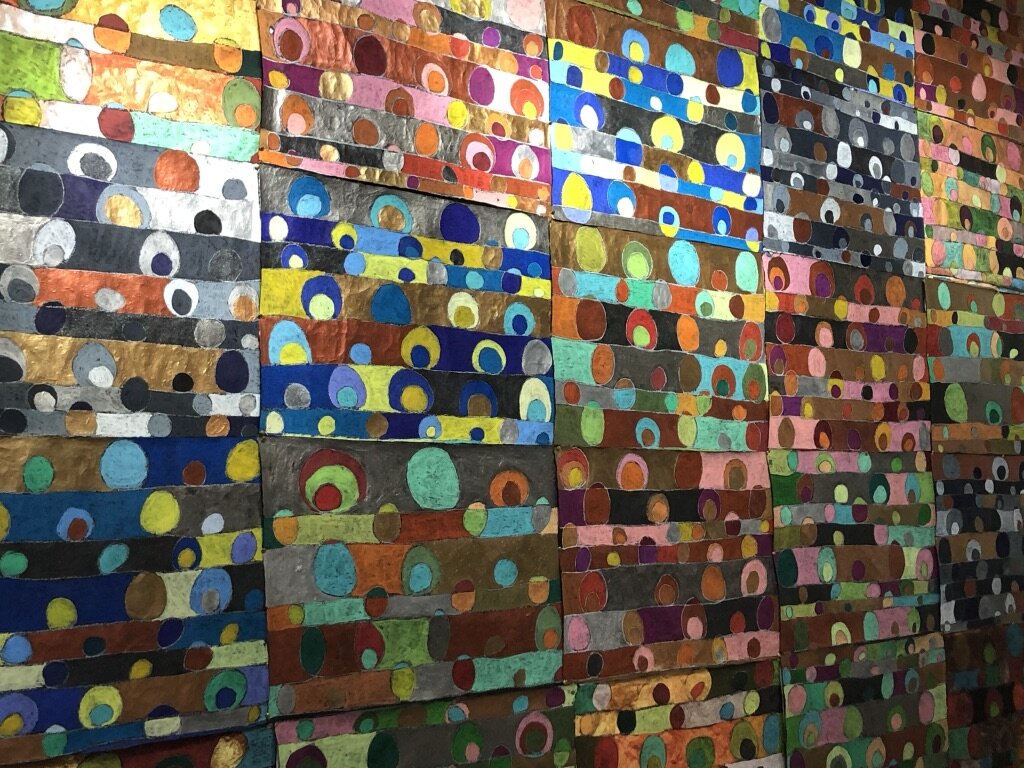
Ply Gallery
It’s just a friendly friendly relationship…
The title of my exhibition is a quote from a conversation between Robert Rauschenberg and Dorothy Seckler in which he said “Its just a kind of friendly relationship with your materials..” Rauschenberg was describing the way he used the accident or unintentional in his working methods. He went on
to explain how he used materials for what they are, not for what you can make out of them, that he used the tendencies that they display.
As a former litigation lawyer the concept of materiality always played an important role in my work. Materiality in the legal sense means “that which is important or which is not merely of form but of substance”. This is a concept that also forms the basis of my artistic practice. For me materiality is also important in that it engages the senses of the viewer, evoking the aesthetic experience through the physical components providing a response that is unique to each individual.
I am interested in a continued exploration of the tradition of abstract painting but through the use of materials in an unconventional way: using the properties that are inherent in the materials but also seeking to challenge Rauschenberg by experimenting and pushing materials to their limits. The choice of materials and the processes that are used are of substance and ultimately determine the form of the work and their compositional integrity.
I am invariably drawn to art works in exhibitions where the puzzle for me is to ascertain how they were made, where things are not as they seem, I enjoy trying to establish the processes. Inspired also by Matisse’s use of paper in his later years I wanted to work with paper and see whether I could make it perform like canvas: challenging the viewer with my complex system of production which result in kaleidoscopic, rhythmic images.
My works incorporate multiple processes, involving painting, stitch and reworking, layering process on top of process. Japanese paper, book binding canvas, and dyed canvas are drawn on and then painted into. Next, stitch is used as a mark making tool using a domestic sewing machine to create curved lines which are never pre-planned and can therefore never be exactly replicated in another piece. The stitched line disrupts the surface which is then painted into again. The sections created using these process are then themselves stitched together to form grids which are then either stretched or mounted on board. Stitch is both a mark making tool and a method of providing substance and form to the works and enables them to take the guise of a traditional canvas. My work usually involves some sort of construction, a process where I have to logically think through and reason a way of developing and building the work. From a distance the works look as if they have been directly painted on to the canvas, it is only on closer inspection they reveal that they are not.
